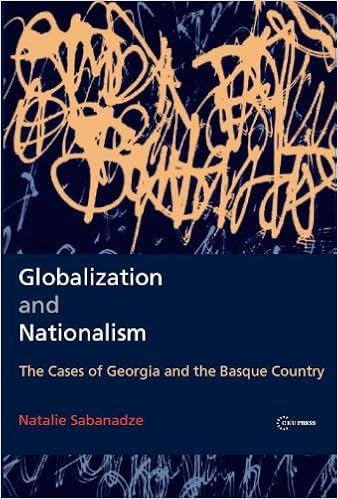 Argues for an original, unorthodox conception about the relationship between globalization and contemporary nationalism 끝까지 간다. While the prevailing view holds that nationalism and globalization are forces of clashing opposition, Sabanadze establishes that these tend to become allied forces 포토샵 무설치 다운로드. Acknowledges that nationalism does react against the rising globalization and represents a form of resistance against globalizing influences, but the Basque and Georgian cases prove that globalization and nationalism can be complementary rather than contradictory tendencies 다운로드.
Argues for an original, unorthodox conception about the relationship between globalization and contemporary nationalism 끝까지 간다. While the prevailing view holds that nationalism and globalization are forces of clashing opposition, Sabanadze establishes that these tend to become allied forces 포토샵 무설치 다운로드. Acknowledges that nationalism does react against the rising globalization and represents a form of resistance against globalizing influences, but the Basque and Georgian cases prove that globalization and nationalism can be complementary rather than contradictory tendencies 다운로드.
Nationalists have often served as promoters of globalization, seeking out globalizing influences and engaging with global actors out of their very nationalist interests 다운로드. In the case of both Georgia and the Basque Country, there is little evidence suggesting the existence of strong, politically organized nationalist opposition to globalization 다운로드.
Discusses why, on a broader scale, different forms of nationalism develop differing attitudes towards globalization and engage in different relationships 레포트 목차.
Sabanadze, N. (2010). Globalization and Nationalism: The Cases of Georgia and the Basque country. Central European University Press.
See on books.google.com; Review (Kevin Tuite, Université de Montréal)

 When most of Eastern Europe was struggling with dictatorships of one kind or another, the Democratic Republic of Georgia (1918-1921) established a constitution, a parliamentary system with national elections, an active opposition, and a free press
When most of Eastern Europe was struggling with dictatorships of one kind or another, the Democratic Republic of Georgia (1918-1921) established a constitution, a parliamentary system with national elections, an active opposition, and a free press